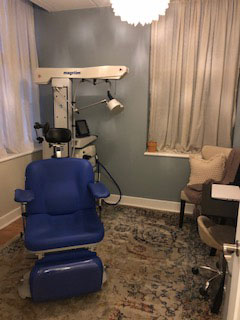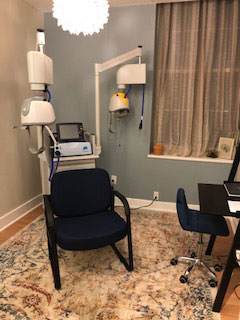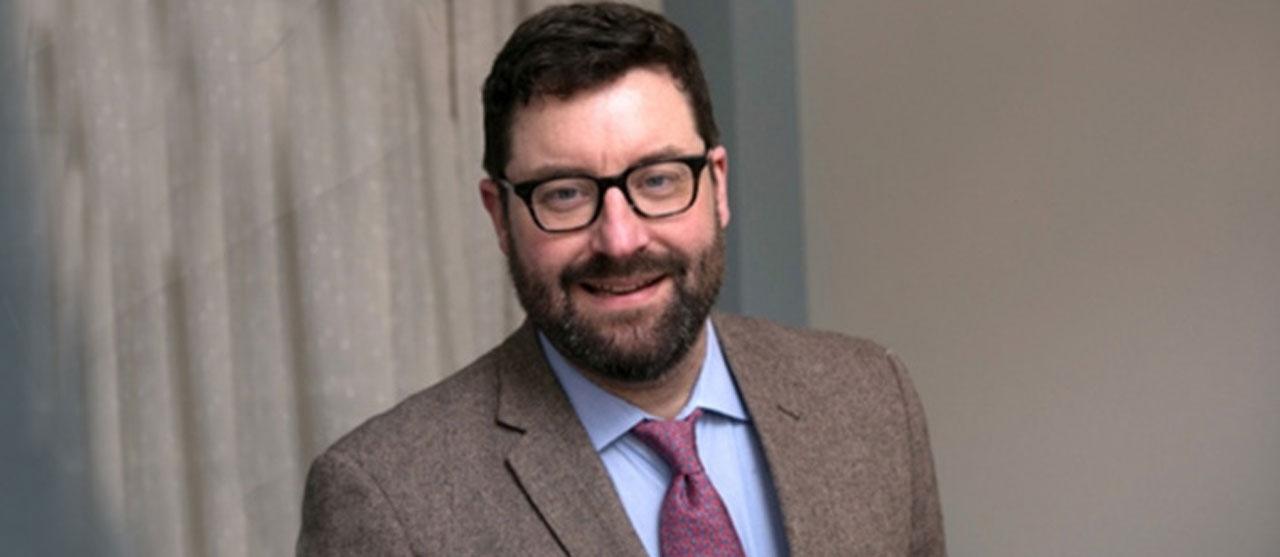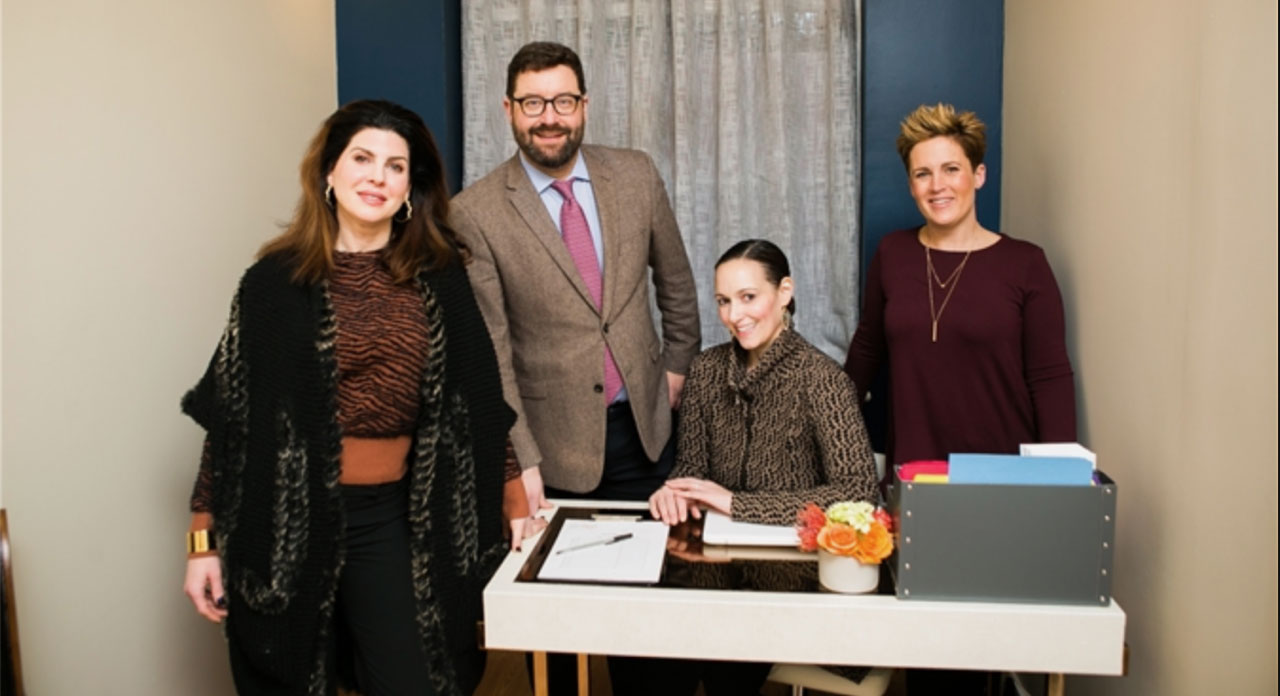WHAT IS AUTISM:
The National Institute of Health describes AUTISM:

Autism spectrum disorder (ASD) is a developmental disorder that affects communication and behavior. Although autism can be diagnosed at any age, it is said to be a “developmental disorder” because symptoms generally appear in the first two years of life.
According to the Diagnostic and Statistical Manual of Mental Disorders(DSM-5), a guide created by the American Psychiatric Association used to diagnose mental disorders, people with ASD have:
- Difficulty with communication and interaction with other people
- Restricted interests and repetitive behaviors
- Symptoms that hurt the person’s ability to function properly in school, work, and other areas of life
Autism is known as a “spectrum” disorder because there is wide variation in the type and severity of symptoms people experience. ASD occurs in all ethnic, racial, and economic groups. Although ASD can be a lifelong disorder, treatments and services can improve a person’s symptoms and ability to function. The American Academy of Pediatrics recommends that all children be screened for autism. All caregivers should talk to their doctor about ASD screening or evaluation.
SIGNS AND SYMPTOMS OF ASD
People with ASD have difficulty with social communication and interaction, restricted interests, and repetitive behaviors. The list below gives some examples of the types of behaviors that are seen in people diagnosed with ASD. Not all people with ASD will show all behaviors, but most will show several.
Social communication / interaction behaviors may include:
- Making little or inconsistent eye contact
- Tending not to look at or listen to people
- Rarely sharing enjoyment of objects or activities by pointing or showing things to others
- Failing to, or being slow to, respond to someone calling their name or to other verbal attempts to gain attention
- Having difficulties with the back and forth of conversation
- Often talking at length about a favorite subject without noticing that others are not interested or without giving others a chance to respond
- Having facial expressions, movements, and gestures that do not match what is being said
- Having an unusual tone of voice that may sound sing-song or flat and robot-like
- Having trouble understanding another person’s point of view or being unable to predict or understand other people’s actions
Restrictive / repetitive behaviors may include:
- Repeating certain behaviors or having unusual behaviors. For example, repeating words or phrases, a behavior called echolalia
- Having a lasting intense interest in certain topics, such as numbers, details, or facts
- Having overly focused interests, such as with moving objects or parts of objects
- Getting upset by slight changes in a routine
- Being more or less sensitive than other people to sensory input, such as light, noise, clothing, or temperature
People with ASD may also experience sleep problems and irritability. Although people with ASD experience many challenges, they may also have many strengths, including:
- Being able to learn things in detail and remember information for long periods of time
- Being strong visual and auditory learners
- Excelling in math, science, music, or art
FOR A FULLER DISCUSSION ABOUT AUTISM, GO TO: https://www.nimh.nih.gov/health/topics/autism-spectrum-disorders-asd/index.shtml

TREATMENTS AND THERAPIES:
Treatments and Therapies [From NHI website]
Treatment for ASD should begin as soon as possible after diagnosis. Early treatment for ASD is important as proper care can reduce individuals’ difficulties while helping them learn new skills and make the most of their strengths.
The wide range of issues facing people with ASD means that there is no single best treatment for ASD. Working closely with a doctor or health care professional is an important part of finding the right treatment program.
Medication
A doctor may use medication to treat some symptoms that are common with ASD. With medication, a person with ASD may have fewer problems with:
- Irritability
- Aggression
- Repetitive behavior
- Hyperactivity
- Attention problems
- Anxiety and depression
Read more about the latest news and information on medication warnings, patient medication guides, or newly approved medications at the Food and Drug Administration’s (FDA) website at https://www.fda.gov/.
Behavioral, psychological, and educational therapy
People with ASD may be referred to doctors who specialize in providing behavioral, psychological, educational, or skill-building interventions. These programs are typically highly structured and intensive and may involve parents, siblings, and other family members. Programs may help people with ASD:
- Learn life-skills necessary to live independently
- Reduce challenging behaviors
- Increase or build upon strengths
- Learn social, communication, and language skills
CHILD AUTISM TEST (SELF-ASSESSMENT)

Does your child have autism? This is a quiz for parents looking to determine whether their child is experiencing the symptoms common among children with autism. Rate using the following scale: Never [0] Rarely [1] Sometimes [2] Often [3] Very often [4]. Add up to determine a composite score
If the score is 20 or above, you should consider seeking a diagnosis from a qualified mental health specialist. Licensed Psychologists, Neuropsychologists, and/or Psychiatrists in your locale should be able to assist you in determining a diagnosis of autism is appropriate.
TMS TREATMENT FOR ASD AT SPARK TMS:
WHAT IS TMS:
TMS is a non invasive magnetic stimulation of brain structures. It is an outpatient procedure and does not require hospitalization or anesthesia, is generally well tolerated and entails minimal systemic side effects. TMS machines have been cleared by the FDA for use in treatment of Major Depressive Disorder [MDD] and the Brainsway TMS has also been FDA cleared for treatment of Obsessive Compulsive Disorder [OCD]. TMS HAS NOT BEEN CLEARED FOR SAFETY AND EFFICACY FOR TREATMENT OF AUTISM [ASD].
WHY DOES SPARK TMS OFFER TMS TREATMENT FOR AUTISM

The FDA states that doctors, in the exercise of their best judgment, may use approved drugs or devices off-label if they are well informed about the product, base its use on firm scientific rationale and sound medical evidence, and maintain records of its use and effects.
Physician-directed applications, also known as “off-label” uses are an integral component of the art and science of medical practice, particularly for specialty physicians. Using medical expertise and judgment, physicians may choose to use approved medical devices for uses not listed in the FDA approved or cleared labeling, as appropriate.
Recent advances and growing evidence supporting the safety and efficacy of noninvasive neuromodulatory techniques in adults have facilitated the study of neuromodulation applications in children and adolescents. Noninvasive brain stimulation methods such as transcranial direct current stimulation and transcranial magnetic stimulation have been considered in children with depression, autism spectrum disorder, attention-deficit hyperactivity disorder, and other neuropsychiatric disorders. However, current clinical applications of neuromodulation techniques in children and adolescents are nascent. There is a great need for developmentally informed, large, double-blinded, randomized, controlled clinical trials to demonstrate efficacy and safety of noninvasive brain stimulation in children and adolescents. Copyright © 2018 Elsevier Inc. All rights reserved. Psychiatr Clin North Am.2018 Sep;41(3):465477:
Here at SPARK TMS, we offer TMS therapy for patients with an existing diagnosis of autism from a qualified mental health professional. That diagnosis must be made by a qualified mental health specialist who has no affiliation with Spark TMS Therapeutic Center, LLC.

Our Magstim TMS device is a state of the art device utilizing Transcranial Magnetic Stimulation (rTMS) to treat autism. BrainsWays’ Deep TMS H-Coils are also state of the art, and are designed to achieve effective stimulation of deep neural regions. Dr. Peshek will determine whether the Brainsway dTMS or the MagStim rTMS will be utilized for the individual patient. TMS treatment delivers magnetic stimulation to brain structures and networks related to autism. It is an outpatient procedure and does not require hospitalization or anesthesia. It is generally well tolerated, and entails minimal systemic side effects. Each session lasts about 19 minutes. Dr. Peshek will perform the initial procedure and determine the correct parameters [brain mapping and determining motor thresholds] for future sessions. Follow-up sessions are administered and monitored by a trained, certified technician under the direct supervision of Dr. Peshek. Spark TMS is located on the first floor of a boutique office building at 128 Chestnut Street, Philadelphia, PA in Old City.
Would you like to learn more about TMS for AUTISM? Approximately once a month, Dr. Peshek provides a free informational session in his office for groups of up to 10 people. He explains the benefits of TMS and answers general questions regarding the treatment and the criteria that must be met in order to undergo treatment at Spark. If you would like to be invited to an upcoming session, please complete the following and click SUBMIT:
Should you need emergency medical help, call 911 or go to the nearest emergency room.
 State of the art TMS technology.The very first and only FDA cleared device for OCDRequest Appointment
State of the art TMS technology.The very first and only FDA cleared device for OCDRequest Appointment Free your Mind!Depression, OCD and AutismRequest Appointment
Free your Mind!Depression, OCD and AutismRequest Appointment Yes You CanRequest Appointment
Yes You CanRequest Appointment





